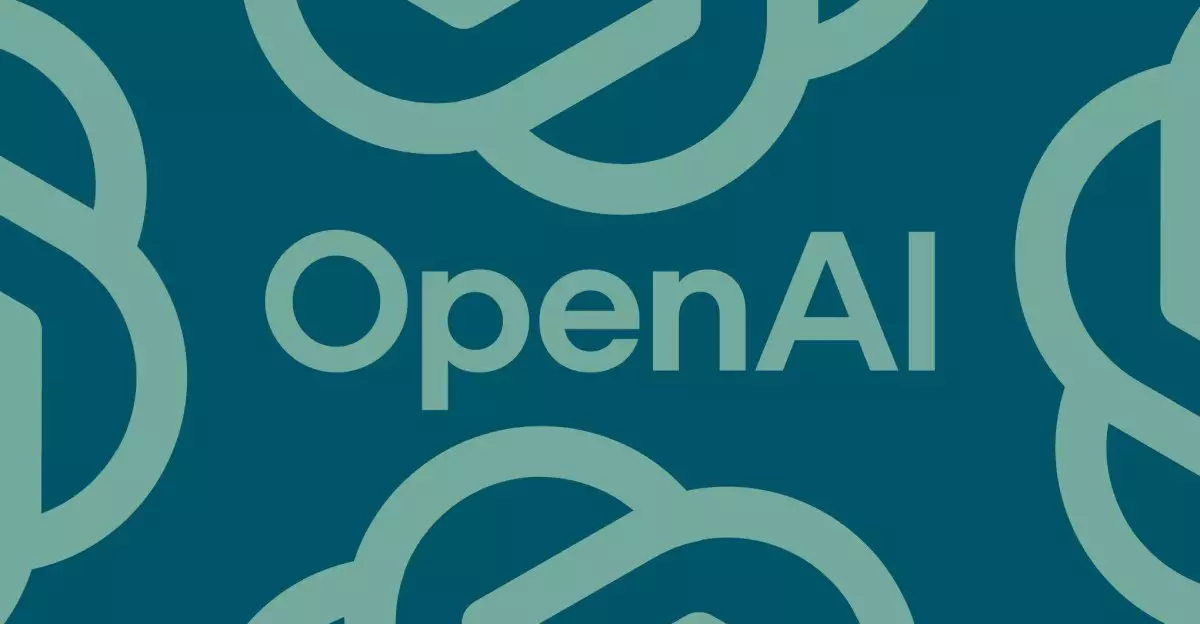In what can only be described as a turbulent saga, the relationship between Elon Musk and OpenAI has spiraled into a complex legal feud, raising eyebrows and questioning motives in the world of artificial intelligence. OpenAI recently filed a countersuit against Musk, accusing him of pursuing “bad-faith tactics” aimed at hampering their projects while simultaneously attempting to seize control over cutting-edge AI innovations for personal gain. This bold move underscores the deepening rift between a founding member and the organization that has made significant strides in the AI landscape.
Analyzing the Lawsuit’s Claims
OpenAI’s lawyers have leveled serious allegations against Musk, particularly highlighting what they describe as a “fake takeover bid” designed to disrupt the organization’s trajectory. The lawsuit paints Musk as an antagonist whose actions are detrimental not only to OpenAI but potentially to the broader AI community and society at large. By seeking an injunction against Musk’s activities, OpenAI signals a dedicated effort to protect its vision for developing artificial general intelligence (AGI) that prioritizes public benefit over corporate profits. This assertion directly challenges Musk’s intentions, adding layers of ethical considerations to the ongoing discourse.
Musk’s legal history with OpenAI is equally telling. Initially part of the founding team, Musk has recently turned into a critic, filing lawsuits aimed at redirecting the company back to its original humanitarian mission of AI development. However, as pointed out by The Verge’s editor-in-chief, Nilay Patel, Musk’s lawsuit against OpenAI has been characterized as “hilariously bad,” suggesting that even industry insiders see cracks in his legal strategy. The implications of this scrutiny raise the question: can a visionary like Musk, who has done so much for technological advancement, be swayed by financial incentives when it comes to AI?
The Road Ahead: A Trial to Watch
With the case set to go to trial in the spring of 2026, the tension will undoubtedly crescendo as both parties prepare their arguments. While some might see this legal confrontation as a mere distraction in the fast-evolving AI sector, it raises fundamental questions about ownership, ethics, and the rightful direction of groundbreaking technology. The duality of Musk’s roles—as a pioneering entrepreneur and a potential adversary to OpenAI—forces us to consider the moral implications of technological progress.
As both sides prepare for what could become a landmark trial in the annals of AI development, the industry watches closely. The real question at stake is not just who will emerge victorious in the courtroom, but what precedent this case sets for the future of artificial intelligence. Will this legal disarray stall innovation, or will it cultivate a more robust ethical foundation for technology that seeks to advance humanity? Only time will tell, and the unfolding drama offers no shortage of intrigue for observers and stakeholders alike.

